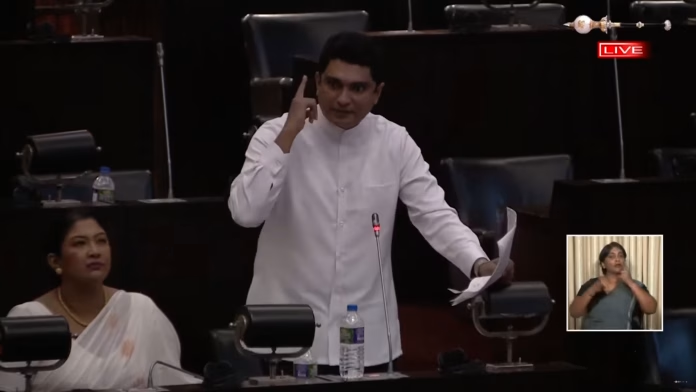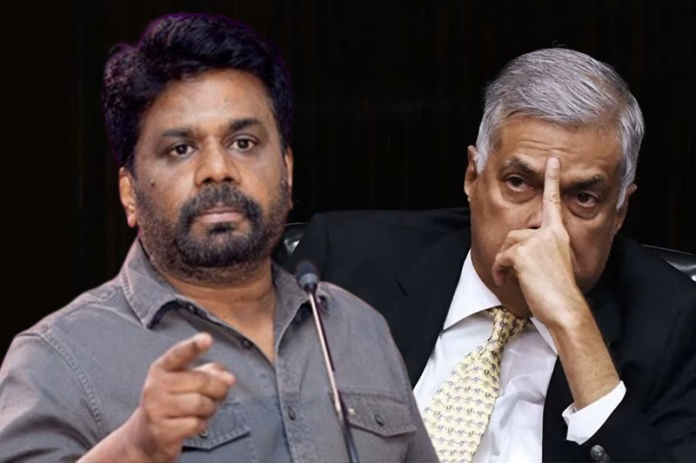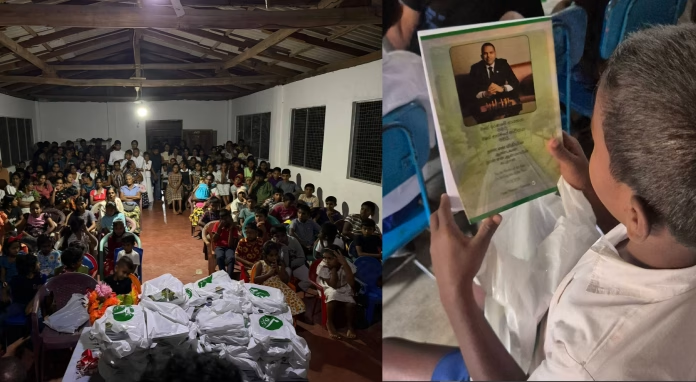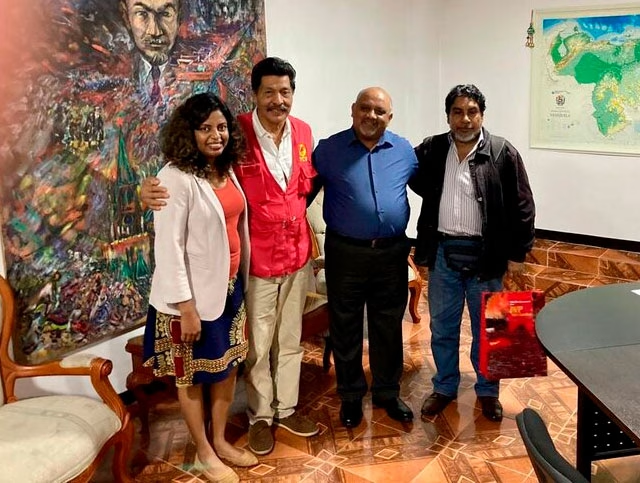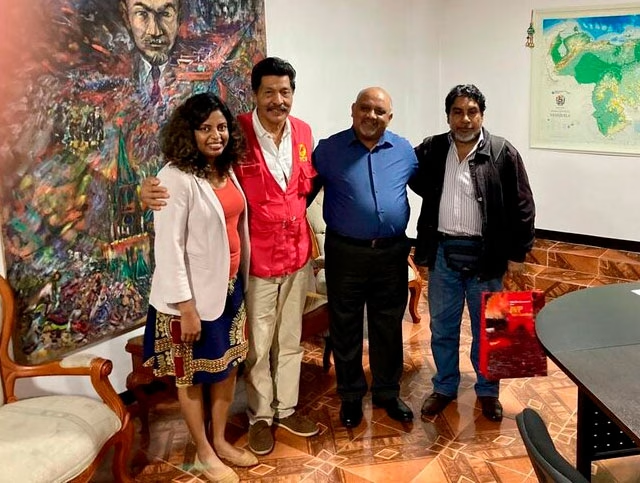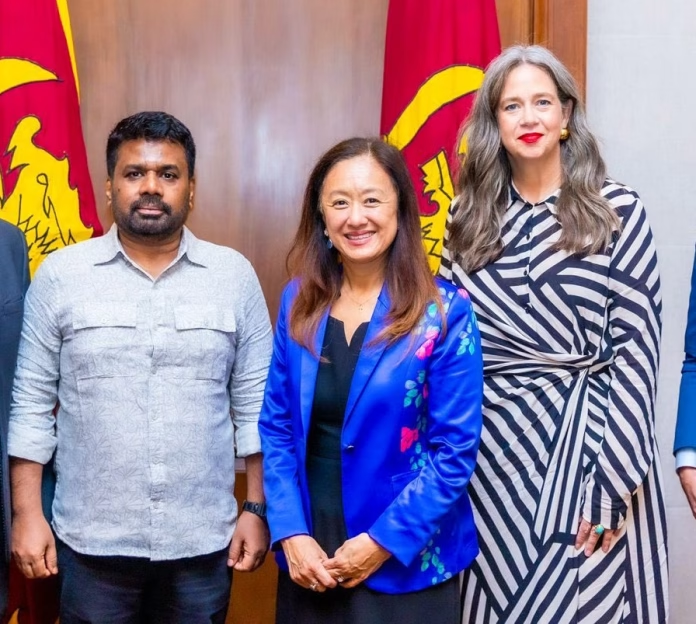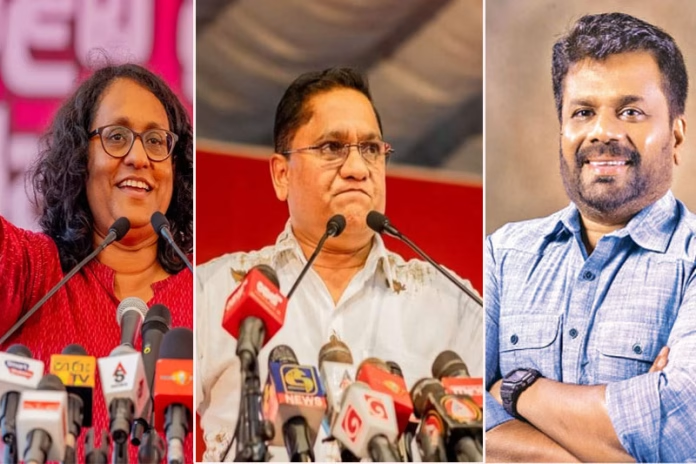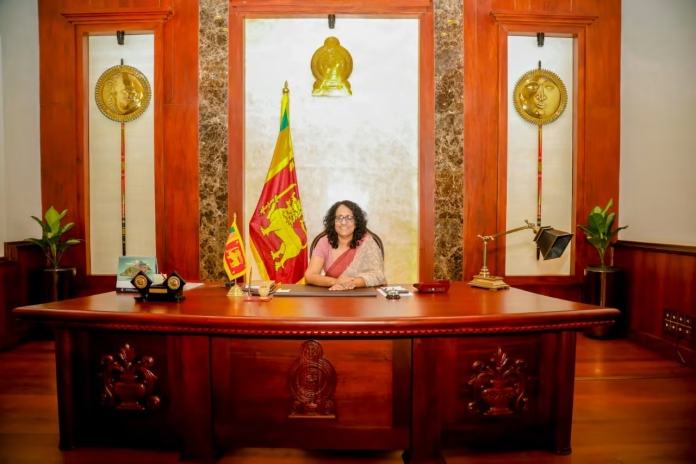The Anura Kumara Dissanayake-led government, reportedly unsettled by the rapidly escalating anarchy and public dissent following its recent ascension to power, has launched a campaign to suppress the rising young voices within the opposition.
The decision to summon Samagi Jana Balawegaya (SJB) Member of Parliament Prasad Siriwardena to the Criminal Investigation Department (CID) is being condemned by the opposition as a clear act of political victimization and a targeted “Prasad witch hunt.”
Raising the issue in Parliament, MP Kavinda Jayawardena fiercely denounced the government’s repressive actions against MP Siriwardena, making a powerful statement that “shook the House.”
Mr. Jayawardena argued that the government is misusing the CID to cover up its severe failures, such as distributing books with links to obscene websites to Grade 6 students under the guise of educational reform. He asserted that young leaders who pose democratic questions cannot be intimidated by summoning them to the police and the CID, further stating that the entire opposition stands united like a wall in defense of leaders like Prasad Siriwardena.
Political commentators suggest that this incident confirms the Malima government lacks any viable program for national development. Unable to manage the economy, they resort to hunting down dissenting voices. They view the ongoing political persecution of Ranil Wickremesinghe and the summoning of Prasad Siriwardena to the CID as parts of the same overarching conspiracy.

